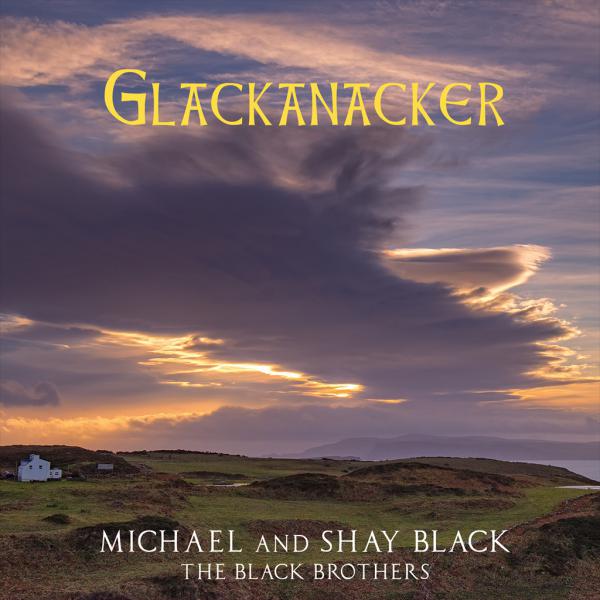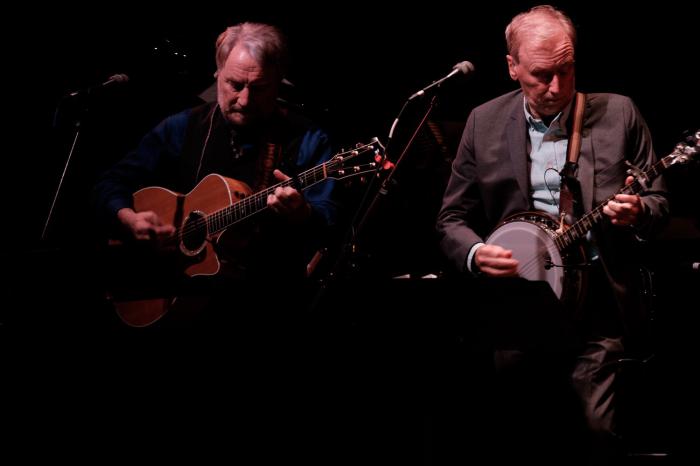Radio waves: Home comforts
Gentle documentary Rathlin's Black History was easy listening with no raised voices and no shocking revelations just reflections on family and belonging
Home is a difficult word to define. Is it a specific place or wherever we are surrounded by family? How do you make a home and how do the memories of home help to sustain us through life? Radio is a great medium for helping to tease out such questions: by allowing people to talk, evoke the past and mull over the present, it brings us closer to a more rounded understanding of nebulous concepts. Aileen Moynagh's gentle documentary, Rathlin's Black History (BBC Radio Ulster, Mon), illustrated the allure of Rathlin Island, Co Antrim, for the singers Mary, Frances and Michael Black, and their children. Although they are from Dublin, it was clear Rathlin seems like home to them. Their father, Kevin, grew up there and they can trace the family back 400 years on the island.
Moynagh asked different family members to take her to their favourite parts of the island, and in vignettes at an old lighthouse, the harbour and the isolated family property, a picture emerged both of happy childhood summers spent in this friendly, but wild and remote, place, and of Kevin Black's lifelong yearning to return there.
Moynagh shaped the documentary well, from the opening moments in which family members described what Rathlin meant to them and Moynagh herself caught the ferry to the island, to the closing minutes in which the Blacks reflected on the sadness that they felt on leaving Rathlin and sang the stark famine-era lament named for the island.
This was easy listening. There was no discord, no raised voices and no shocking revelations, just a nicely knitted-together collection of reflections on home, family and belonging. Michael Black said he loved the island even in bad weather. "There are less tourists to deal with," he said, "although I'm probably one myself."
The death on Tuesday of Mick Lally, the actor, also afforded radio contributors trips down memory lane. On Liveline (RTE Radio 1, Mon-Fri), a host of actors paid tribute, recalling not just Lally's acting triumphs but also his kindness, humility, fierce intelligence and abiding irritation at being called Miley for years after Glenroe ended.
It was clear from listeners that remembering Lally meant remembering life growing up at home. For many, he was a mainstay of their family life on Sunday evenings in the 1980s. "We used to watch it together," said one. "The whole family would get together to watch it." Later that day on The Last Word (Today FM, Mon-Fri), Matt Cooper had a light-hearted chat with Lucy Kellaway of the Financial Times on the fading boundaries between home and the workplace. The articulate Kellaway griped about those who eat breakfast and shower at work, keep clothes in the office and even sleep at their desks.
"Younger workers, especially, don't have this mental barrier about the sorts of things that you do at home and the sorts of things you do at work," she said.
It was a thought-provoking item and raised the question of what today's young office workers will recall in later years when they consider what home means. Will their equivalent of Proust's madeleine be a stapler or a photocopier rather than thoughts of a homestead or a much-loved actor?


